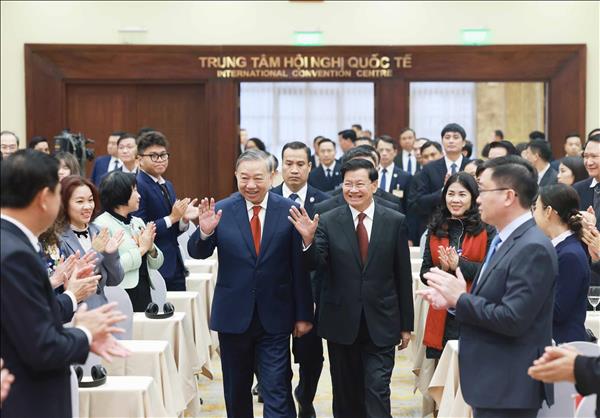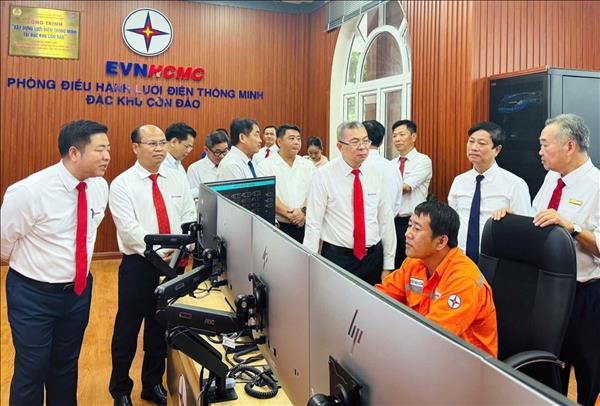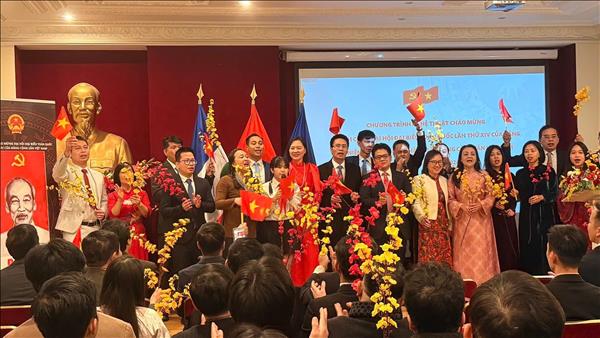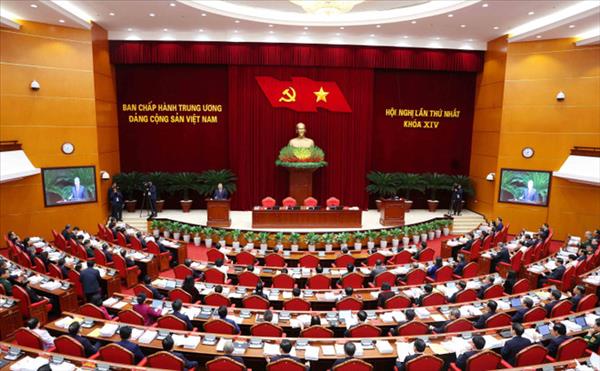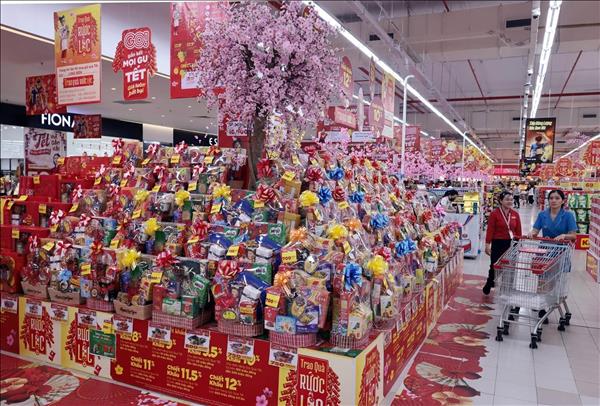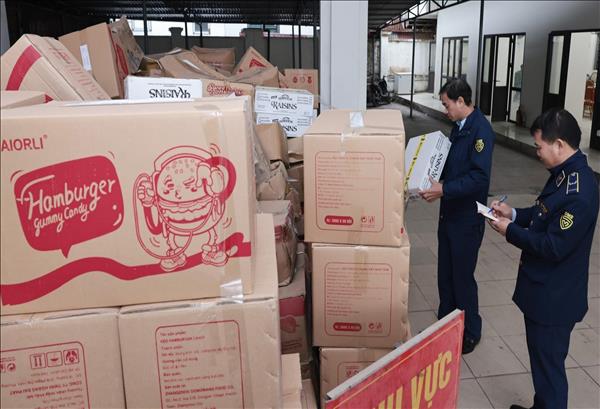Vietnamese and Dutch experts gave recommendations on measures to respond to land subsidence and saltwater intrusion in the Mekong Delta region during a scientific conference on January 12.
Dr Laurent Umans, First Secretary for Water and Climate Change at the Embassy of the Netherlands in Vietnam said that natural resources in the Mekong Delta region play an important role in the livelihood of dozens of millions of people.
The over-exploitation of underground waters and sand, along with sea level rise and irregular flows has made land subsidence, coastal erosion and saltwater intrusion great challenges to the region, he noted, stressing that the Mekong Delta is affected by both climate and human factors. Increased saltwater intrusion has not only made the region lose millions of dollars annually due to shortage of fresh water and crop failure, but also been considered as a problem in land use planning.
Prof. Sepehr Eslami Arab, a Dutch water expert, held that the major reasons behind the worsening saltwater intrusion in the Mekong Delta region currently is human impacts, but in 2050, climate change will be the key factor.
He noted that the Mekong River is burdening 13 huge and at least 300 smaller hydropower dams. He advised Vietnam to act to minimise the exploitation of groundwater and sand, change farming method to adapt to saltwater intrusion and land subsidence and apply more technology solutions in water use.
Commenting on the land subsidence in Ca Mau, Dr. Nguyen Quoc Dinh from Vietnam Institute of Geosciences and Mineral Resources under the Ministry of Natural Resources and Environment said that the Government has been aware of the issue and designed suitable policies.
He underlined the need for Vietnam to continue defining reasons behind the problem and seek effective solutions. Initially, it is necessary to find alternative water resources to replace groundwater, avoiding overload in urban planning and change the agricultural structure, he said.
Participants at the event also gave proposals on strategic policies to deal with a number of issues, including measures to minimise groundwater and sand over-exploitation and the application of water saving technologies.
Dr Laurent Umans, First Secretary for Water and Climate Change at the Embassy of the Netherlands in Vietnam said that natural resources in the Mekong Delta region play an important role in the livelihood of dozens of millions of people.
The over-exploitation of underground waters and sand, along with sea level rise and irregular flows has made land subsidence, coastal erosion and saltwater intrusion great challenges to the region, he noted, stressing that the Mekong Delta is affected by both climate and human factors. Increased saltwater intrusion has not only made the region lose millions of dollars annually due to shortage of fresh water and crop failure, but also been considered as a problem in land use planning.
Prof. Sepehr Eslami Arab, a Dutch water expert, held that the major reasons behind the worsening saltwater intrusion in the Mekong Delta region currently is human impacts, but in 2050, climate change will be the key factor.
He noted that the Mekong River is burdening 13 huge and at least 300 smaller hydropower dams. He advised Vietnam to act to minimise the exploitation of groundwater and sand, change farming method to adapt to saltwater intrusion and land subsidence and apply more technology solutions in water use.
Commenting on the land subsidence in Ca Mau, Dr. Nguyen Quoc Dinh from Vietnam Institute of Geosciences and Mineral Resources under the Ministry of Natural Resources and Environment said that the Government has been aware of the issue and designed suitable policies.
He underlined the need for Vietnam to continue defining reasons behind the problem and seek effective solutions. Initially, it is necessary to find alternative water resources to replace groundwater, avoiding overload in urban planning and change the agricultural structure, he said.
Participants at the event also gave proposals on strategic policies to deal with a number of issues, including measures to minimise groundwater and sand over-exploitation and the application of water saving technologies.
VNA/VNP



